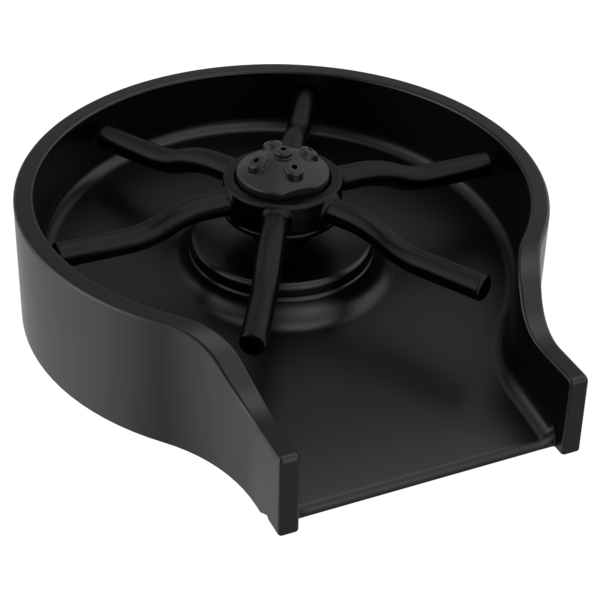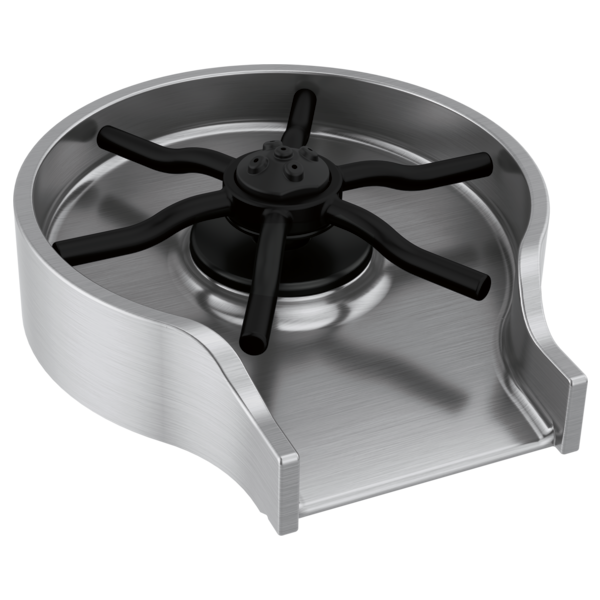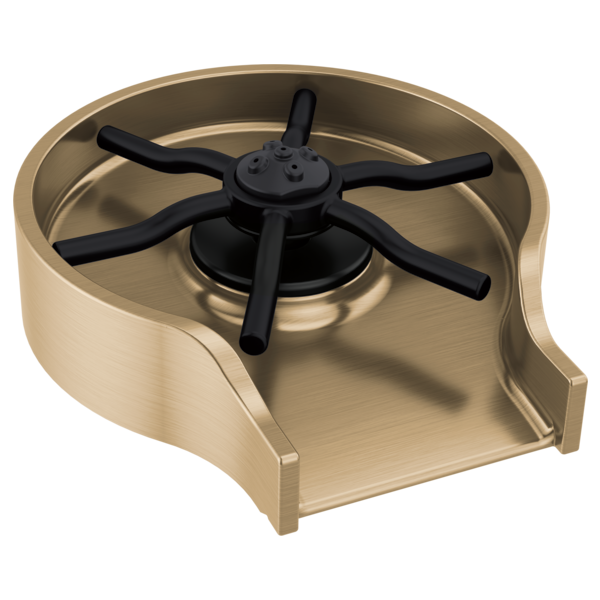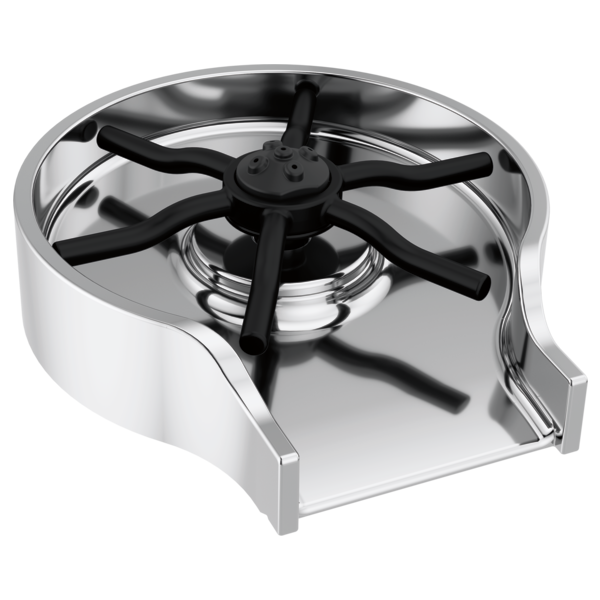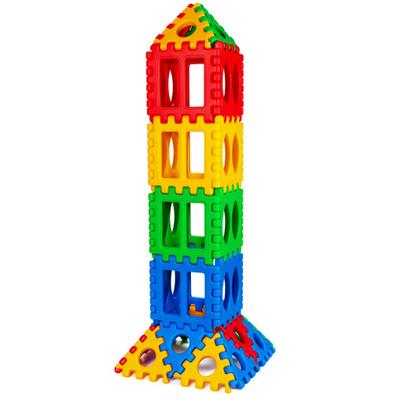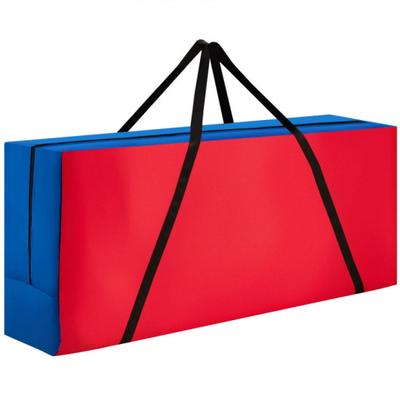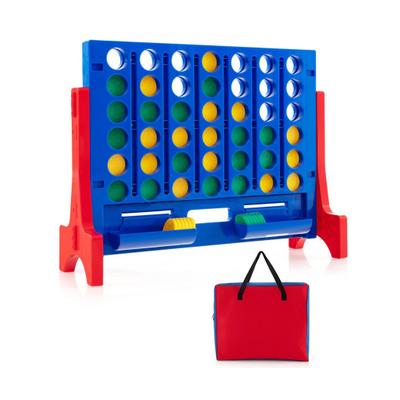Collagen is the most critical protein of the largest organ of the human body, the skin. It s also the primary protein of connective tissue, including, cartilage, tendons, and ligaments. Collagen itself is comprised of several amino acids, including alanine, proline, glycine and hydroxyproline, that align with each other in very specific ways to create a web of protein that is the structure of these tissues. In collaboration with elastin and keratin and other nutrients, collagen helps give skin its suppleness, bones their strength, and tendons and ligaments their firmness and elasticity. This helps support healthy joints, which in turn supports mobility, agility and the range of motion. Regrettably, the aging process robs us of the ability to create adequate amounts of collagen and we begin to develop wrinkles, weakened joints, more fragile bones, and thinner skin. However, supplemental collagen may help us preserve and replenish the body s collagen normal levels and help support the he


